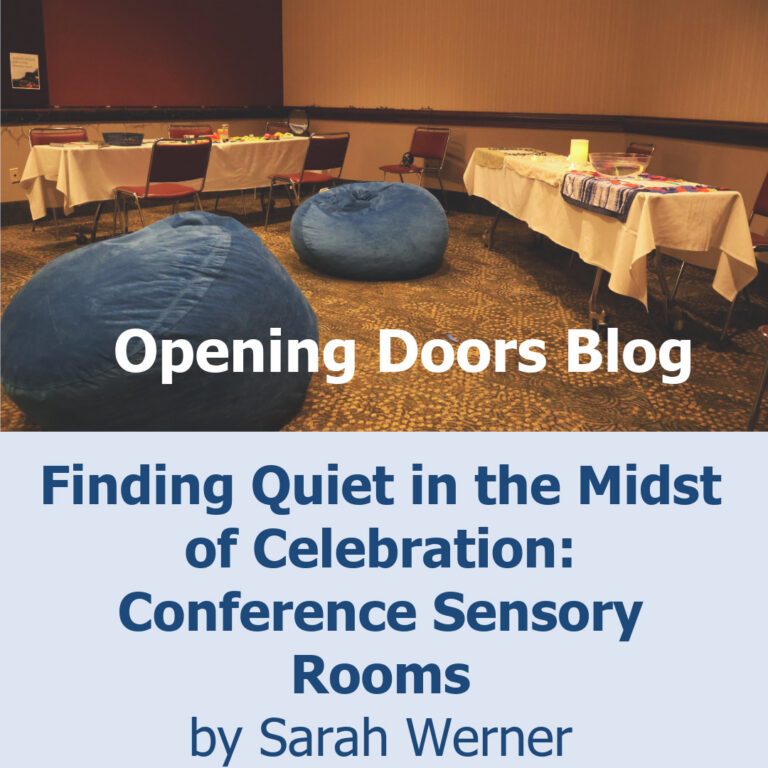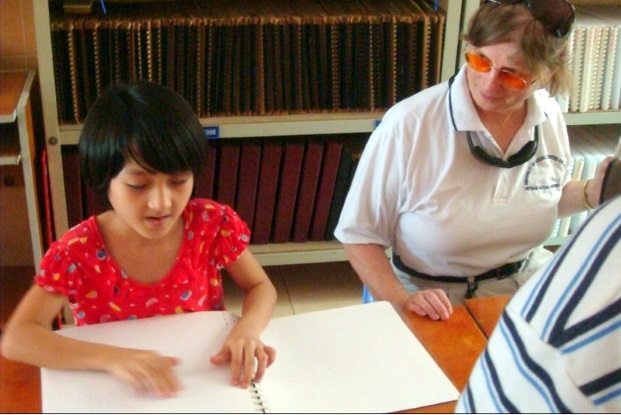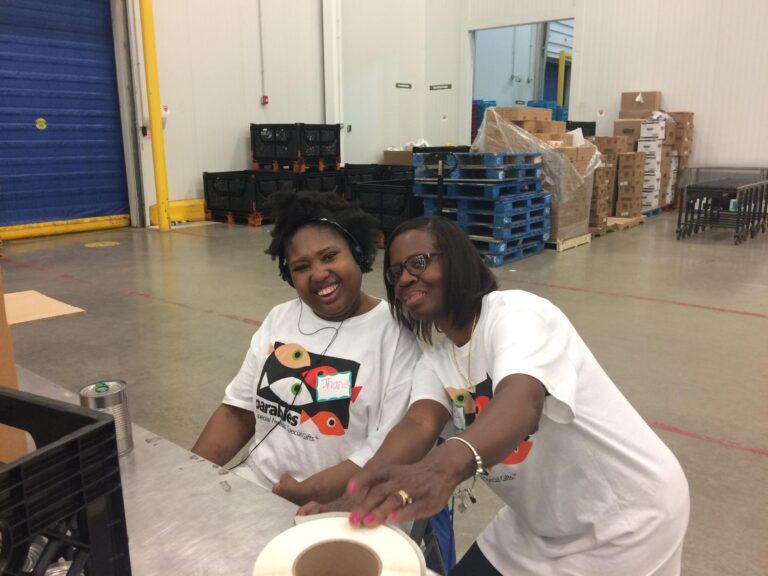Getting Messy – Suicide Part 2
by Tiara Coleman
During Tiara’s most significant experience with depression, suicide, and self-harm her youth pastor Ross reached out to her and entered into her struggles head on. He was unafraid of the messiness of her life. Tiara claims, “churches need more Rosses!” that is, companions along the journey of mental illness. In this article, Tiara and Ross share their reflections on how to intervene and support youth struggling with severe mental illness.
Approach 1: Take Notice
Tiara: While I was in my worst depression and considering suicide, some adults wrote off my struggles as just being “typical teenage behavior.” Adults sometimes deny mental illness labelling it as “hormonal”, or “typical teenage drama”. But, I wasn’t trying to be dramatic, I couldn’t flip a switch and stop my behaviors. When someone gets diagnosed with an illness, people gather around them to solve the problem, or provide support. When someone’s life is shaped by depression, it pushes people away. What Ross did was he noticed me and my suffering. Ross scheduled regular times to just sit and listen to me. During some of these meetings I would just cry and cry. Ross wouldn’t seem uncomfortable with me, rather he would ask, and “What can we do to make this better?” When I said I didn’t know, he didn’t press for solutions. He would just listen. Sometimes he would just read the bible to me and I would listen.
Ross: It’s often difficult to differentiate between normal teenage behaviors and a teenager who is significantly struggling with mental illness. Teens can be quite good at putting on a mask of normalcy. It’s mind-blowing the intense depression and self-loathing that some teens experience while still going through the motions of school and daily responsibilities. This doesn’t mean that they are doing ok or don’t need help. It’s important to observe, and invite youth to talk openly about what they’re experiencing.
People sometimes describe destructive behaviors in teenagers such as self-harm as “Attention Seeking.” Youth are smarter than we give them credit for. They know that the attention they’re receiving is not positive attention, it’s not fun for them. If they are participating in a behavior that draws negative attention, they must really need help. It’s best to respond with concern and compassion rather than disdain.
Often it’s scary for adults to broach the topic of depression, self-harm, or suicide with youth. However, it’s been my experience that youth are surprisingly willing and open to talking about it, so long as there is a relationship of trust.
Approach 2: Suspend Judgement
Tiara: From the beginning, I knew Ross was my advocate. No matter how terrible the things I told him about cutting or suicide, he wasn’t “put off” or scared. I bet I could tell him that I was going to dye my hair purple and run away…and he wouldn’t freak out! He continued to see me as a whole person, Tiara, and not just as illness. I knew that when Ross asked me how I was doing, he wanted me to feel alright to honestly say, “I’m falling apart.” Ross never over-analyzed my issues or tried to offer quick solutions to huge problems.
Ross: When working with youth who are experiencing mental illness, my immediate response is to suspend judgement. It’s important to be open to hearing what the young person has to say without jumping to judgements or demonstrating disdain or fear. Mental illness is messy and complicated. There is sometimes a desire by parents, schools, or the church to want a simple solution or fix to the challenges a teenager they love is facing. Usually, however, there isn’t a simple approach and adults can only help if they’re aware of how serious the problems are.
Approach 3: Connect to Resources
Tiara: Faith and my relationship with God are so important to me, but God isn’t just going to take away this part of me that struggles with mental illness. Ross helped me validate my feelings and experiences and through this I realized that I needed help. In order to live a good life even with depression it’s going to be a long hard journey, but there will be things that will work and help. It’s important to talk to professionals. Ross wasn’t a professional, but he helped me get connected to the professionals and supports that I desperately needed.
Ross: I come from a social work background which was very helpful in my work as a youth pastor. However, I’m neither a therapist nor a medical doctor. I didn’t have the ability to provide Tiara with all the supports she needed. That’s why it’s crucial for youth workers to know the resources in the community and encourage the youth and their parents to get connected. This takes the weight off the youth pastor or teacher or whoever else, to “fix” the problem or carry the risk on their own shoulders. I tried to foster relationships of trust but warned youth that there were limits to which I could “hold” their stories. I could not just sit on their disclosures if they were at risk. If I worked with a young person, I considered myself to also be working with their parents.
Approach 4: Engage the Church in Mental Illness
Tiara: Our churches need to be more comfortable talking about and addressing suicide. After I attempted suicide, extremely few people dared talk to me about it. I also witnessed this happen when a man in my church died by suicide. There is so much stigma and fear around mental illness and especially suicide. If the church doesn’t feel more comfortable talking about suicide, other people living in depression will feel like the only broken person in the church.
Ross: If the church is about building shalom and wholeness, how can we NOT be having conservations about mental illness and suicide? When people aren’t feeling whole, whether it be in the area of mental health, sexuality, addictions, or relationships, the church needs to be a space of belonging and healing. Jesus was concerned about the whole person and so too, should our churches.
Tiara’s Advice to Teens Struggling with Suicide and Mental Illness
- Please tell yourself and believe that you are Worth It. Your life is worth so much than you think during the darkest pit of depression.
- Remember, even if it doesn’t feel like it, you are loved.
- Find someone to cling to. Someone you can say ANYTHING to. Someone who will not judge you or look at you differently. Find that person.
- Understand that YOU are your own best expert and advocate. Each person is different and you need to figure out how and who to ask for help.
- Talk to Professionals. Figure out what is going to HELP. It’s going to be hard, but there are things that will work and help you feel better. Don’t give up on yourself.








